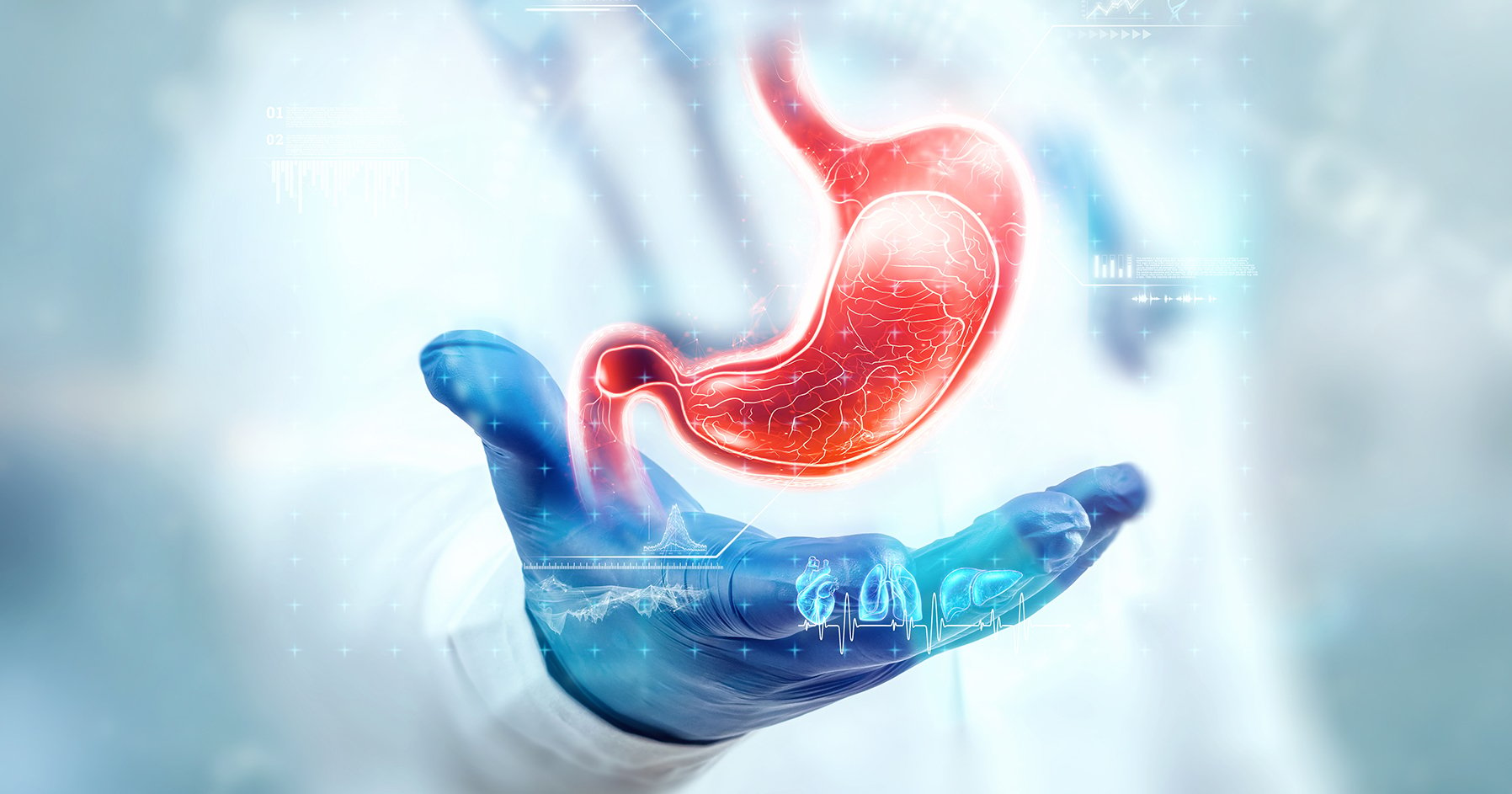Weight loss or bariatric surgeries are challenging procedures to undergo but remain highly popular. Based on statistics, the global market for bariatric surgery had a value of $1.64 million in 2021, and it is projected to exceed $3 million by 2031. These surgeries necessitate care and regular follow-up appointments with your chosen doctor. There are different types of bariatric surgeries with distinct recovery processes, yet they all share one common requirement: patients must adhere to a specialized dietary plan. However, you must create a customized plan in collaboration with your physician prior to starting the treatment.
For instance, if you decide to opt for gastric bypass surgery, do your research and make sure you have all the information regarding the gastric bypass recovery process, including the diet plan for the first couple of weeks post-surgery. Following a proper diet plan will allow you to recover faster. Prepare yourself to eat smaller portions of food that your reduced stomach can easily digest. This way, you will avoid any surgery-related negative effects and complications.
Keep on reading to discover what your diet should consist of after bariatric surgery.
Liquid diet
You will only be able to consume liquids for the first day or so after the surgery. So, make sure you drink 1 to 2 small glasses of liquid every hour. You can drink a lot of water and tea, and then after one week, start drinking fruit juices. For starters, the best options are apple, cranberry, and grape juice. Make sure to have two cups of juice, one in the morning and the other in the afternoon. Avoid gulping your beverages, as this might make you nauseous. Also, don’t drink excessively hot or cold beverages until your stomach recovers completely.

Pureed food
Approximately a week after the liquid diet, you can start eating pureed meals. The meals should have the consistency of a smooth paste or a thick liquid, with no visible solid food parts. You can have 6 small meals during the day. Around 4 to 6 tablespoons of food should be consumed at each meal, and make sure the meals last around 30 minutes.
Prepare several meal options that include ground beef, poultry, lean fish, cottage cheese, scrambled eggs, and plenty of boiled vegetables. Also, consuming a significant amount of protein in your diet is crucial. Make sure you eat at least 2 ounces of protein per day. If you like cereal, you can eat it with skim milk. Most importantly, start your morning with a lot of fruits. Always remember to eat slowly, chew well, and stop eating when you feel full. This is the best way to recover as fast as possible.
Soft food
From week 5 to week 8 after the surgery, you should start your soft diet. This phase should last for four weeks, and you can consume all food products from your pureed diet, but they no longer need to be pureed. However, foods in this stage should be soft enough to crumble when pushed with a fork or spoon.
You should strive to balance your meals according to the bariatric plate model, with half of your meal being protein, a quarter being vegetables or fruit, and a quarter being carbs. Select high-protein food products, like boiled eggs and cottage cheese, and include small amounts of soft vegetables and foods with carbohydrates.
Solid food
Eight weeks after your surgery, you can gradually resume eating solid foods. Begin by eating three meals every day, each consisting of 1 to 1/2 cups of food. You should have a varied diet that has minimal fat and sugar. Remember that the goal is not only to lose weight and intake fewer calories but also to create a quality lifestyle by eating plenty of healthy food products.
After you begin consuming three meals, it becomes important to monitor how your body reacts and adjust accordingly based on your digestion abilities. Your adjusted eating plan should consist of options like chicken, pork, healthy seafood, dairy products, whole grains, and a variety of fruits and vegetables. These meals will provide the energy, protein, vitamins, and minerals that your body needs.
Final thoughts
A quality post-bariatric surgery diet can assist you in recovering quicker and transitioning to a healthy eating pattern that supports your weight-loss objectives. So, prepare a healthy diet plan with your surgeon and nutritionist and follow it to the letter. Drink a lot of liquids, consume plenty of high-protein food, and follow a strict dietary plan, and you will notice excellent results very soon. Remember to continue leading a healthy lifestyle so your weight-loss surgery remains a success.
Carol
Information sourced by the author for luxuryactivist.com. All content is copyrighted with no reproduction rights available. Images are for illustration purposes only.
